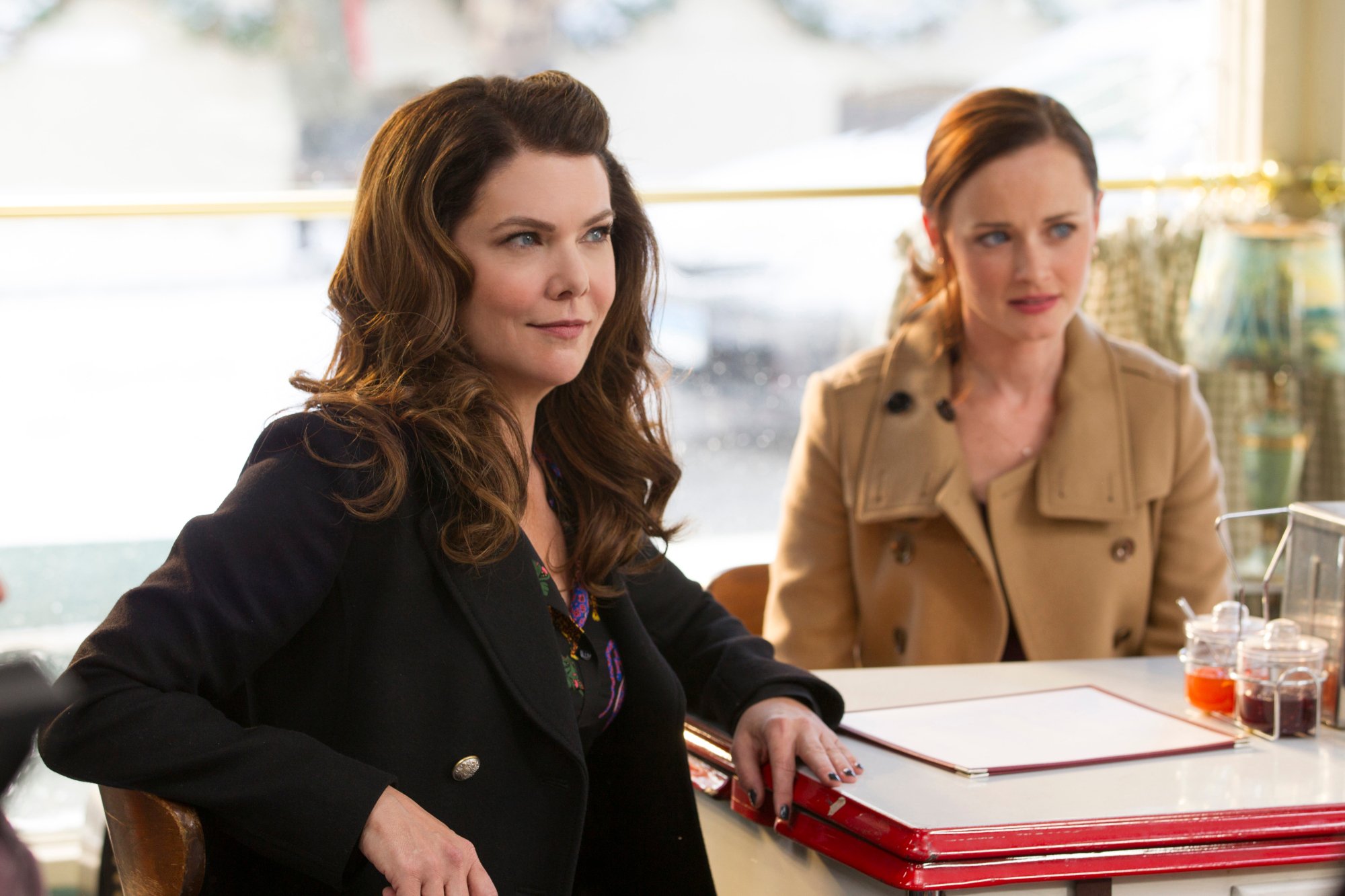‘Gilmore Girls’: Did the Series Embrace the ‘Not Like Other Girls’ Trope With Lorelai and Rory?
Gilmore Girls remains a beloved series more than a decade after it took its final bow, and it’s often lauded as a feminist series. However, some fans have pointed out that the show’s portrayal of Rory (Alexis Bledel) and Lorelai Gilmore (Lauren Graham) may not be as progressive as viewers once believed. In fact, many feel that Gilmore Girls used Rory and Lorelai to embrace the “not like other girls” trope.
What is the ‘not like other girls’ trope?
Before delving into whether Gilmore Girls utilizes the “not like other girls” trope, it’s important to unpack what it entails. According to TV Tropes, characters who fall into this trap tend to be described as “special.” And while that in itself isn’t a bad thing, it often serves as a way to demean other women around them:
“However it’s meant, this line can be interpreted as a backhanded compliment or even outright Condescending Compassion. By saying that your intelligence, sense of humor, chastity, lack of interest in makeup, independence, or whatever make you ‘different from other guys/girls,’ it’s implied that your gender is inferior by default.”
In Gilmore Girls, Rory and Lorelai have traits that often set them apart from the other women in the series. Some believe the show intentionally paints those aspects of their personality as superior.
‘Gilmore Girls’ fans have issues with its portrayal of Rory and Lorelai

With men falling over Lorelai and Rory and the show highlighting their quirky humor, Gilmore Girls clearly wants viewers to like its leads. However, fans have pointed out that the series paints the other women on the show in a less compelling light. For example, Paris (Liza Weil) often comes off as neurotic compared to Rory. Meanwhile, Sookie (Melissa McCarthy) tends toward ditziness in comparison to Lorelai.
Fans on Reddit cite this as one of the aspects of the show that didn’t sit well with them. As one put it:
“There is an unfortunate amount of ‘not like the other girls’-ing, it’s actually one of the few things I dislike in a show I otherwise really love. I’m not sure what [Amy Sherman-Palladino]’s issue is with girls who aren’t brunette/bookish or quirky, but that subtext feels apparent.”
Of course, the trope gets even more noticeable when men enter the picture. Gilmore Girls sees characters like Luke (Scott Patterson) and Dean (Jared Padalecki) becoming infatuated with the Gilmores. As one Redditor points out, their behavior implies any other love interest simply wouldn’t compare:
“The levels of infatuation towards Lorelai and Rory seem to really stand out, especially when you compare them to what we see with other women on the show.”
It’s true that women like Lindsay (Arielle Kebbel) and Rachel (Lisa Ann Hadley) don’t get the same love. So, why does a women-centered series like Gilmore Girls place Rory and Lorelai on this problematic pedestal?
Is ‘Gilmore Girls’ brand of feminism a product of its time?
While Gilmore Girls undoubtedly boasts a number of great qualities, its use of this now unpopular trope could stem from when it aired. The show is far from the only early-2000s release to adopt a “not like other girls” attitude about its leads. Popular franchises like The Hunger Games and Divergent built entire fanbases around that concept.
With so many series and films depicting women supporting one another today, the trope seems cringe-worthy in hindsight. However, one Redditor accurately points out that it never bothered them when Gilmore Girls was airing:
“I don’t know if others felt this way, but I watched the show in its original run as a middle schooler when I think the whole ‘I’m not like other girls’ hadn’t quite become the meme it is today. Watching the show in 2019, a lot of this seems cringe, but at the time it actually felt unique and different.”
With that in mind, it seems Gilmore Girls is simply a product of its time. Fans will likely continue to pick up on outdated tropes after each rewatch. However, that doesn’t appear to be stopping them from diving back into the series.
Fans can find all seven seasons of Gilmore Girls on Netflix.


